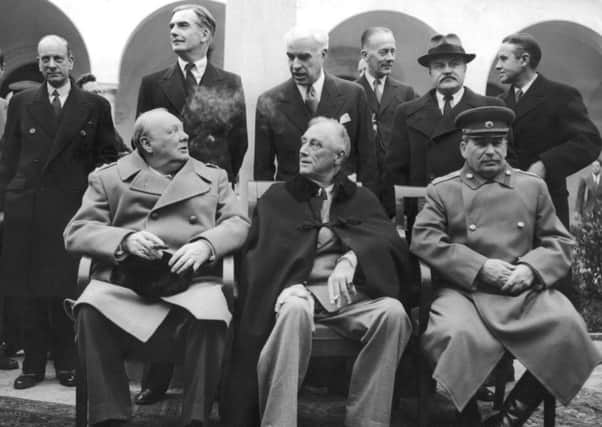Book review: An Impeccable Spy, by Owen Matthews


With cover as a German journalist specialising in agriculture, he infiltrated the German and Japanese consulates as well as making links with key Chinese and American Communist Party members. Like Guy Burgess, but with even greater panache, Sorge hid himself in plain sight, always the life and soul of any party, always with a drink in his hand and a woman, usually another man’s wife, on his arm, prior to taking her to his bed.
He was the original “Romeo spy,” the objects of his seductions often treated to 75mph sprees on the pillion of his Zündapp flat-twin K500 motorcycle. Avoiding recall to Moscow, execution or exile in the Gulag during Stalin’s purges in the late 1930s, he was posted to Tokyo, where his modus operandi remained the same and the intelligence he purloined was of the highest order. His key source was the German ambassador, whose wife he was sleeping with. He informed Moscow of the date of the Nazi invasion in June 1941 and also that the Japanese had no intention of invading the Soviet Union, which meant that Siberian troops, tanks and aircraft could be moved west for the defence of Moscow. Despite the hideous losses, Moscow was saved and the war began to move in favour of the Allies.
Advertisement
Hide AdAdvertisement
Hide AdBut the lot of the spy is never a happy one, and this is particularly so with Stalin’s spies. Stalin often scrawled Sorge’s reports with abuse, and the pressures on Sorge in Tokyo were increasing. His sources were still good, but his radio operator was becoming inconsistent and insubordinate and some of his agents were losing faith with communism.
When, in the autumn of 1941, one of them mentioned a name in passing to a young Tokyo police officer, the whole spy ring was unravelled. Sentenced to death and hanged in 1944, Sorge never lived to see the fruits of his labour, the defeat of Nazism and a Soviet victory, but he kept his faith to the end, shouting “Long Live the Red Army” as the noose was put round his neck.
In An Impeccable Spy, Owen Matthews captures all the drama of Sorge’s story, and he has mined Russian and Japanese archives to provide his readers with what is now the standard work on Sorge.
This is much more than a book for spy buffs, though. Jargon is avoided, the complexities of Soviet, German, Chinese and Japanese politics and infighting of the time are skilfully navigated and the personalities brought vividly to life. With this book as our evidence, we can say that Sorge was an impeccable spy, and also that Matthews is an impeccable biographer.
An Impeccable Spy: Richard Sorge, Stalin’s Master Agent, by Owen Matthews, Bloomsbury, 435pp, £25